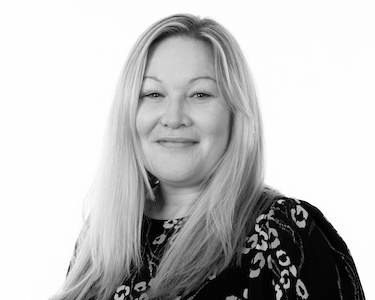We have experienced a long period of low interest rates on our savings in the bank for 15 years. The Bank of England base rate was 5.75% on 5th July 2007 and this gradually reduced to 0.10% by 19th March 2020. On 16th December 2021 it started to rise again and on 3rd November 2022 it was announced that the rate is now 3%. It could move further.
What does this mean for your savings?
Typically, the interest rates on debt such as mortgages, loans and credit cards will change very quickly however the rates on offer from the banks tend to take longer. This article is intended to focus on savings.
A savings account is a place to put your money and earn some interest. This interest is paid gross (so without any tax deducted at source) but you may need to declare any tax due to HMRC depending on where the money is placed, how much interest you earn and your other income from all sources.
If you are a basic rate tax payer any bank interest which falls into your Personal Savings Allowance (PSA) of £1,000 is not subject to tax. If you are a higher rate tax payer your PSA is £500 and if you are an additional rate tax payer all bank interest will be subject to tax as you cannot claim the PSA. If you use an Individual Savings Account (ISA) the interest does not need to be declared to HMRC.
Should you have a savings account, a Cash ISA or both?
At the time of writing, the most competitive rates for Cash ISAs and savings accounts were:
| Type of Account | Easy Access | One year fixed |
| Cash ISA | 2.75% | 3.95% |
| Savings Account | 2.75% | 4.50% |
If you are a basic rate tax payer and have more than £36,370 in a savings account earning 2.75% a year then you could need to declare some tax to HMRC. For a higher rate tax payer this level of savings is halved to £18,185. The recent rises in interest rates could mean that you have taxes to pay now.
A fixed account means that you cannot access your savings for the term, in this example, one year. In return for allowing the bank to retain your money for this fixed period of time, they will offer you a higher rate of interest. There are other terms you can select e.g., two years, five years, but we suggest you take advice before committing your savings for a long period of time. The longer the term, the better the interest rate, however the rate at outset is the rate you will receive for the term.
An ISA is simply a bank account with tax benefits. Since the interest rates for both types of easy access accounts above are the same it would be advisable to use the ISA. The maximum amount you can place into an ISA is £20,000 every tax year, per individual. Therefore, a married couple could shield £40,000 of bank interest from the taxman – that equates to £1,100 a year in this example.
The Financial Services Compensation Scheme (FSCS) protects you up to £85,000 in total across all accounts held with the same banking licence. It is important to check the shared banking licences if you have more than £85,000 on deposit. For example, HSBC and First Direct share the same licence so savings should be restricted to £85,000 across these banks.
What about inflation?
Once you have organised your cash savings, you may find that you have surplus cash which is not required for the much longer term. You are able to invest into the stockmarket, which has the potential to outperform interest rates on cash (suggested minimum of 3-5 years).
We manage investments for many of our clients and ensure that our portfolios are held as tax efficiently as possible and add liquidity (two weeks’ access in most cases). Based on past performance, we would expect an investment portfolio which has been in place for five years, with a moderate view towards investment risk, to achieve a return of 5% a year.
If you are prepared to take a higher level of investment risk, you could enjoy returns of between 6% to 9% a year.
Contact us on 0330 320 9280, email info@cravenstreeetwealth.com or complete our online enquiry form for professional financial advice regarding investing.
The content of this article is for information only and does not constitute formal financial advice. This material is for general information only and does not constitute investment, tax, legal or other forms of advice.
References to legislation and tax is based on our understanding of United Kingdom law and HM Revenue & Customs practice at the date of publication. These may be subject to change in the future. Tax rates and reliefs may be altered. The value of tax reliefs to the investor depends on their financial circumstances. No guarantees are given regarding the effectiveness of any arrangements entered into on the basis of these comments.
You should not rely on this information to make, or refrain from making any decisions. Always obtain independent, professional advice for your own particular situation.
Craven Street Financial Planning Limited is authorised and regulated by the Financial Conduct Authority.




 Production
Production